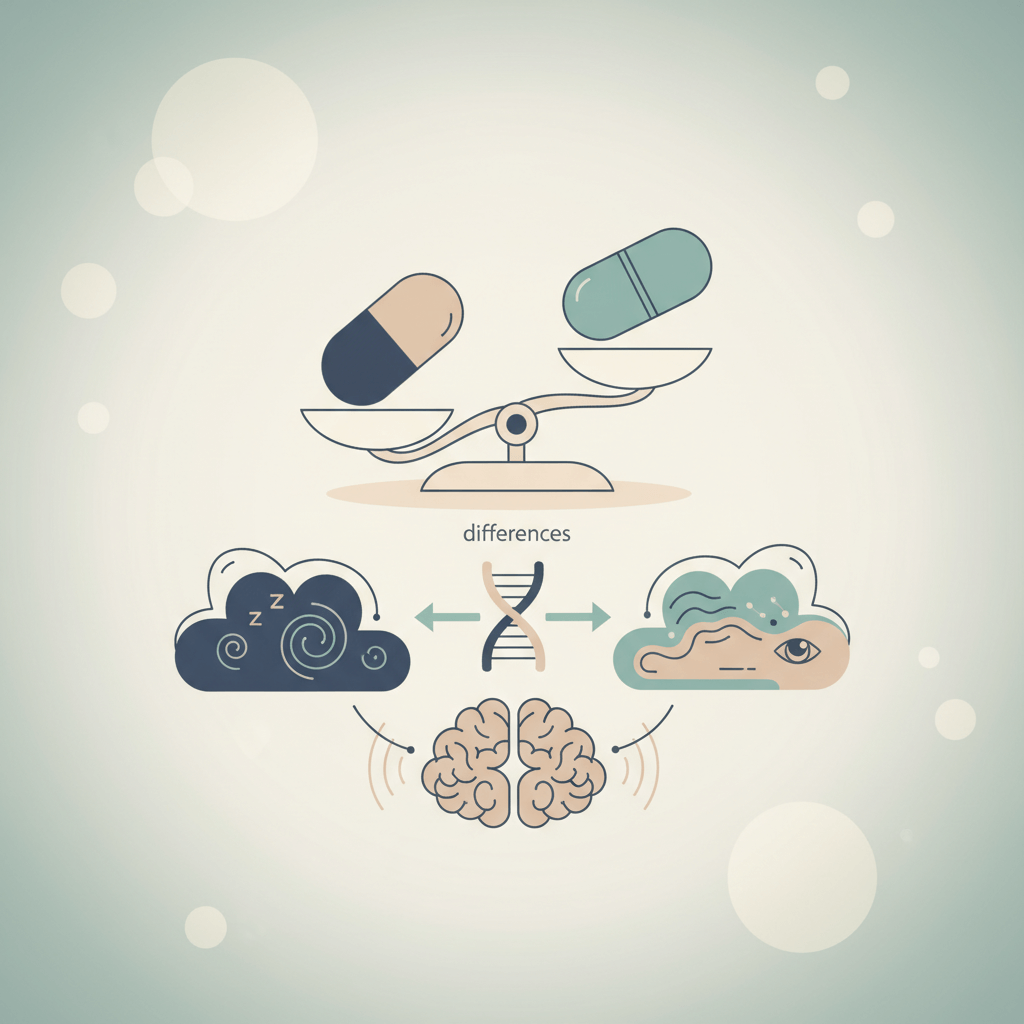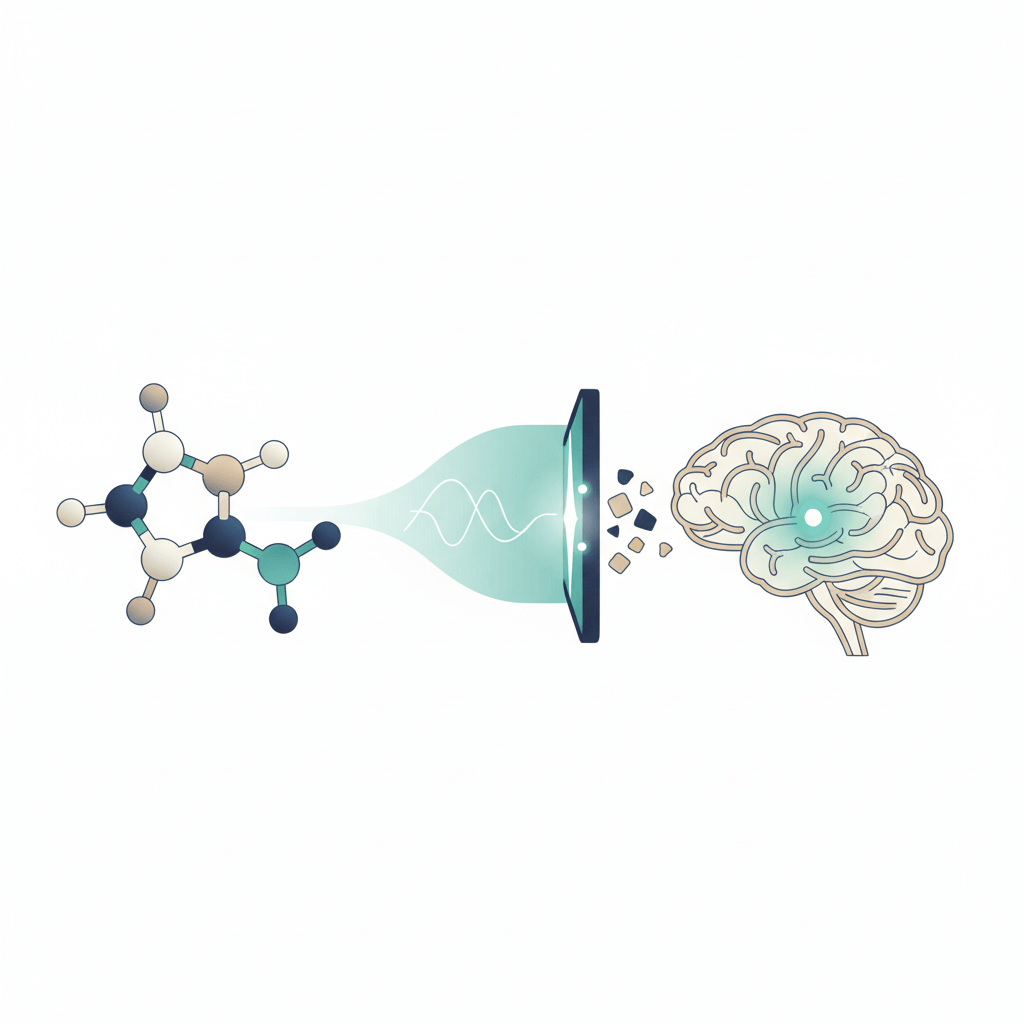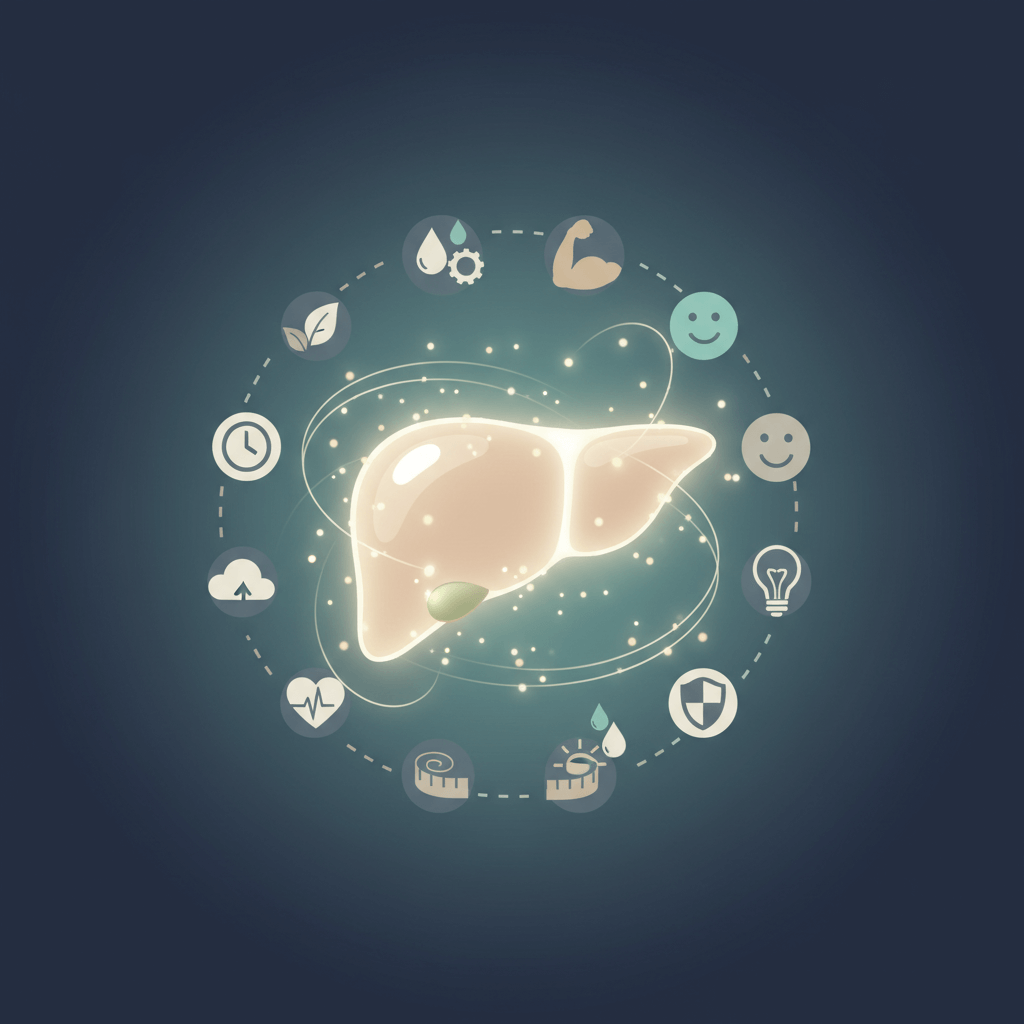
Understanding Family Therapy
Family therapy is an important component of addiction treatment and recovery. It is a form of talk therapy that focuses on improving relationships among family members and addressing specific mental health or behavioral conditions, such as substance use disorder or oppositional defiant disorder. By working together as a family unit, individuals can receive support and guidance from their loved ones, which can significantly impact their recovery journey.
Role of Family Therapy
The primary role of family therapy is to enhance overall family functionality by improving communication, problem-solving abilities, and conflict-resolution techniques. It recognizes that individual problems are often linked to family interactions, and by addressing the family dynamics, it becomes possible to create lasting change. Family therapy can help treat various issues such as anxiety, chronic illness, depression, and substance use, while also addressing individual mental health problems that can impact the entire family.
Through family therapy, families can explore and understand the underlying dynamics that contribute to the challenges they face. This therapy approach aims to strengthen resilience and bonds, improve coping and problem-solving skills, increase the likelihood of successful long-term recovery, and improve family functioning and support. By involving the family, individuals in treatment can receive the necessary encouragement and assistance to overcome obstacles and maintain their sobriety.
Benefits of Family Therapy
Family therapy offers numerous benefits for both individuals in treatment and their loved ones. By participating in family therapy, families can:
- Improve Communication: Family therapy provides a safe space for open communication, allowing family members to express their concerns, emotions, and needs. Through guided discussions and active listening, family members can learn to communicate more effectively and understand each other better.
- Resolve Conflicts: Family therapy helps address conflicts and unresolved issues within the family system. It provides a platform for discussing and resolving disagreements, fostering understanding, and working towards collaborative solutions. This can reduce tension and create a more harmonious family environment.
- Enhance Support Systems: Family therapy encourages family members to support their loved one in recovery. It educates families about addiction, helping them develop empathy, compassion, and a deeper understanding of the challenges their loved one faces. By building a strong support system, individuals in treatment are more likely to maintain their motivation and achieve long-term recovery.
- Promote Healing and Resilience: Family therapy facilitates an environment of healing, where families can openly discuss the impact of addiction on their lives. Through therapy sessions, families can develop coping strategies, improve problem-solving skills, and build resilience as a unit. This can strengthen family bonds and create a foundation for continued growth and recovery.
Family therapy plays a vital role in addiction treatment and recovery. It recognizes the significance of family dynamics in an individual's journey towards sobriety. By involving the family in therapy, individuals can receive the necessary support, understanding, and guidance from their loved ones, fostering a more positive and sustainable recovery process.
Evidence-Based Approaches
When it comes to family therapy in rehab, there are several evidence-based approaches that have been extensively researched and proven effective in enhancing family communication, reducing conflicts, and addressing behavioral problems. Let's explore three of these approaches: Structural Family Therapy (SFT), Multisystemic Therapy (MST), and Strategic Family Therapy.
Structural Family Therapy (SFT)
Structural Family Therapy (SFT) is a widely recognized approach in family therapy. It focuses on the family's structure and how it influences the dynamics and interactions among family members. The goal of SFT is to identify and modify dysfunctional patterns within the family system. This approach emphasizes the importance of clear boundaries, hierarchy, and balance of power within the family.
By working with families to reorganize their structure, SFT aims to improve communication, enhance problem-solving skills, and promote healthier relationships. Through active participation and collaboration, family members learn new ways of interacting and resolving conflicts, leading to positive changes in the family dynamics.
Multisystemic Therapy (MST)
Multisystemic Therapy (MST) is an intensive, family-centered approach that focuses on addressing the multiple systems that influence a youth's behavior, including family, school, peers, and community. MST recognizes that the challenges faced by a young person are interconnected and influenced by various factors in their environment.
This approach aims to empower families by providing them with the skills and resources to address the underlying issues contributing to the youth's behavior. MST therapists work closely with the family, utilizing a combination of individual and family sessions, to promote positive change and reduce risk factors. By addressing the various systems impacting the young person's life, MST helps support long-term recovery.
Strategic Family Therapy
Strategic Family Therapy is an approach that emphasizes the importance of communication patterns and problem-solving strategies within the family. This approach focuses on identifying and changing the family's interactional patterns that contribute to maintaining problematic behaviors.
Therapists using strategic family therapy techniques may assign specific tasks or interventions to family members to disrupt unhealthy patterns and promote positive change. The therapist takes an active role in redirecting conversations, challenging unhelpful beliefs, and facilitating new ways of relating to one another. Strategic Family Therapy aims to create a collaborative and supportive environment that encourages adaptive behaviors and strengthens family bonds.
By utilizing evidence-based approaches such as Structural Family Therapy, Multisystemic Therapy, and Strategic Family Therapy, therapists can effectively address the unique needs of families in rehab settings. These approaches have been shown to improve communication, resolve conflicts, and promote healthier relationships within the family system.
Family therapy plays a vital role in addiction treatment, as it recognizes the impact of addiction on the entire family unit and provides support for both the individual in recovery and their loved ones. To further explore the importance of family involvement in addiction recovery, continue reading our section on family therapy in addiction recovery.

Implementing Family Therapy
In order to effectively implement family therapy in the context of addiction rehab, certain factors need to be considered. This section will explore the role of trained professionals and the duration and frequency of family therapy sessions.
Trained Professionals
Family therapy is conducted by trained and licensed mental health professionals who specialize in working with families. These professionals possess the knowledge and expertise required to address the unique dynamics and challenges that arise within families affected by addiction. Licensed Marriage and Family Therapists (LMFTs) are often the professionals who provide family therapy in addiction rehab settings [1]. However, other mental health professionals, such as licensed professional counselors, psychologists, and social workers, can also provide family therapy.
The role of these professionals is to create a safe and supportive environment where family members can openly express their feelings, concerns, and challenges. They facilitate effective communication, help improve problem-solving skills, and guide families in developing healthy coping strategies. With their expertise, these professionals can tailor the therapy to address the specific needs of each family.
Duration and Frequency
The duration and frequency of family therapy sessions can vary depending on the goals of treatment and the circumstances of the family. Family therapy can be short-term, typically consisting of around 12 sessions on average, or long-term, spanning months or even years. The duration of therapy is determined by the treatment goals and the arrangements made for session frequency.
Short-term family therapy is often focused on addressing immediate issues and providing targeted interventions. Long-term family therapy, on the other hand, allows for a more in-depth exploration of family dynamics, patterns, and relationships. It provides families with ongoing support and guidance as they navigate the challenges associated with addiction and recovery.
The frequency of family therapy sessions can vary based on the needs of the family and the intensity of the treatment program. Sessions may be scheduled on a weekly, biweekly, or monthly basis, depending on what is most appropriate for the family's circumstances. The therapist will work with the family to determine the optimal frequency of sessions to support their progress and maintain engagement in the therapy process.
By implementing family therapy with trained professionals and considering the appropriate duration and frequency of sessions, families in addiction rehab can benefit from the therapeutic environment and guidance necessary to address the challenges and dynamics associated with addiction. Family therapy plays a vital role in promoting healing, fostering better communication, and strengthening family support systems throughout the recovery journey.
Family Therapy in Addiction Recovery
Family therapy plays a significant role in addiction recovery by involving the entire family in the treatment process. It aims to improve family relationship functioning, address the impact of addiction on family dynamics, and provide support for the person in recovery. The involvement of family members in the treatment journey can have a profound impact on the outcomes and overall success of the recovery process.
Importance of Family Involvement
Research consistently demonstrates the positive impact of family therapy in addiction rehab. Individuals with strong family support are more likely to remain in treatment, stop misusing substances, and maintain long-term sobriety. By involving the family, therapy can address not only the individual's addiction but also the dynamics and challenges within the family unit.
Family therapy recognizes that addiction affects not just the individual but also their parents, spouse, children, siblings, and friends [5]. It provides a safe space for family members to express their concerns, emotions, and experiences related to addiction. Through open communication and understanding, family members can heal from the pain caused by addiction and work together towards recovery.
Impact on Treatment Outcomes
Family therapy in addiction rehab offers numerous benefits that contribute to the overall success of the treatment journey. It helps to strengthen the individual's recovery by providing a supportive and understanding environment [6]. By involving the family, therapy can address underlying issues that may have contributed to the development of addiction or hindered the recovery process.
Family therapy also focuses on improving family functioning and support. It teaches healthy coping techniques, enhances communication skills, and fosters an environment of healing and understanding. This not only benefits the person in recovery but also strengthens the resilience and bonds within the family unit.
Additionally, family therapy increases the likelihood of long-term success and sobriety. It equips family members with the tools and strategies they need to support their loved one's recovery journey, while also addressing their own healing process. By involving the family in the treatment process, therapy helps create a solid foundation for ongoing support and relapse prevention.
In conclusion, family therapy is an integral component of addiction recovery. It recognizes the importance of family involvement, addresses the impact of addiction on family dynamics, and provides support for both the individual in recovery and their loved ones. By fostering healing, improving communication, and strengthening family bonds, family therapy significantly enhances treatment outcomes and the overall success of the recovery journey.

Post-Rehabilitation Family Therapy
After individuals complete their time in rehabilitation for addiction, the journey towards recovery continues. Post-rehabilitation family therapy plays a crucial role in addressing the challenges faced by families during this transitional period, providing a supportive healing environment for all involved.
Transitional Challenges
Transitioning from a rehabilitation program back into everyday life can be a challenging process for individuals and their families. Post-rehabilitation family therapy aims to address these challenges and provide support during this critical time of adjustment.
Some of the transitional challenges that families may face include:
- Grieving and Loss: Family members may experience a sense of loss as they grieve the impact of addiction on their loved one and the changes that come with recovery. Family therapy provides a space to navigate these emotions and find healing.
- Adjusting to New Roles: Recovery often requires changes in family dynamics and roles. Family members may need to adjust their expectations and redefine their roles within the family unit. Family therapy helps facilitate open communication, understanding, and adaptation to these new roles.
- Financial Strain: The financial consequences of addiction and rehabilitation can be significant. Family therapy can address the practical challenges surrounding finances, helping families create strategies for managing financial stress and rebuilding stability.
- Stress and Conflict: The process of recovery can bring about stress and conflict within the family. Family therapy provides a safe space for family members to express their concerns, resolve conflicts, and develop healthy coping mechanisms.
Supportive Healing Environment
Family involvement and support are essential components of the recovery journey. Post-rehabilitation family therapy creates a supportive healing environment that fosters growth, communication, and understanding.
In this environment, family members are encouraged to:
- Express Emotions: Family therapy allows everyone to express their emotions openly and honestly. This open communication helps family members understand each other's experiences, concerns, and needs.
- Rebuild Trust: Addiction can strain trust within the family. Family therapy provides a structured setting for rebuilding trust and developing healthy communication patterns.
- Learn Coping Skills: Family members learn effective coping skills to navigate challenges that may arise during the recovery process. Therapists can teach strategies to manage stress, develop healthy boundaries, and improve communication.
- Develop Support Networks: Family therapy may encourage families to engage in support networks, such as family enrichment workshops or group work, to combat any stigma associated with therapy and create a sense of community support.
By actively participating in post-rehabilitation family therapy, families can strengthen their bonds, support their loved ones in recovery, and create a nurturing environment for continued healing.
Family therapy not only benefits the individual in recovery but also has a positive impact on the overall treatment outcomes. It helps foster a supportive network that promotes lasting sobriety and provides ongoing guidance and understanding for individuals as they navigate the challenges of maintaining recovery.
In the next section, we will explore the role of family therapy specifically in addressing substance use disorder (SUD) treatment for youth and its effects on family dynamics.
Family Therapy for Youth
When it comes to addressing Substance Use Disorder (SUD) in youth, family therapy plays a crucial role in the treatment process. Family involvement is considered essential as supportive family relationships are vital predictors of healthy development for youth. In fact, family-based treatment has been found to be the most effective approach for adolescent SUD compared to other empirically supported models.
Substance Use Disorder (SUD) Treatment
Family therapy is an integral part of the treatment approach for youth with SUD. It has accumulated the largest evidence base compared to all other approaches for adolescent SUD treatment. The goal of family therapy in SUD treatment is to create a supportive and therapeutic environment that addresses not only the individual's substance use but also the underlying family dynamics that may contribute to the problem.
Through family therapy, the therapist works with the entire family to improve communication, strengthen relationships, and foster healthy coping mechanisms. It provides an opportunity for family members to express their concerns, share their experiences, and learn effective strategies to support their loved one's recovery journey.
Effects on Family Dynamics
Substance use disorder can significantly impact family dynamics, leading to strained relationships, communication breakdowns, and feelings of frustration and helplessness. Family therapy aims to address these issues by improving family functionality and promoting healing within the family system.
By participating in family therapy, family members can learn healthier ways to interact and relate to one another. They can develop effective communication skills, problem-solving abilities, and conflict-resolution techniques. This, in turn, can foster positive changes in family dynamics and create a more supportive and understanding environment for the individual in treatment.
Moreover, family therapy not only supports the person in treatment but also helps heal wounds left by years of conflict. It empowers family members to work towards their own healing and recovery, leading to increased resilience, stronger bonds, and improved coping and problem-solving skills [4].
In conclusion, family therapy is an essential component of substance use disorder treatment for youth. It provides an opportunity for families to come together, address underlying issues, and work towards healing and recovery as a unit. By involving the family in treatment, positive treatment outcomes can be achieved, and the chances of successful long-term recovery are increased.
References
- [1]: https://my.clevelandclinic.org/health/treatments
- [2]: https://www.mytimerecovery.com/evidence-based-family-therapy/
- [3]: https://www.verywellmind.com/family-therapy-definition-types-techniques-and-efficacy
- [4]: https://apn.com/resources/benefits-of-family-therapy-during-treatment/
- [5]: https://genesisgrow.com/addiction-recovery-blog/5-benefits-of-family-therapy/
- [6]: https://www.mainspringrecovery.com/blog/family-therapy-in-rehab
- [7]: https://www.ncbi.nlm.nih.gov/pmc/articles













